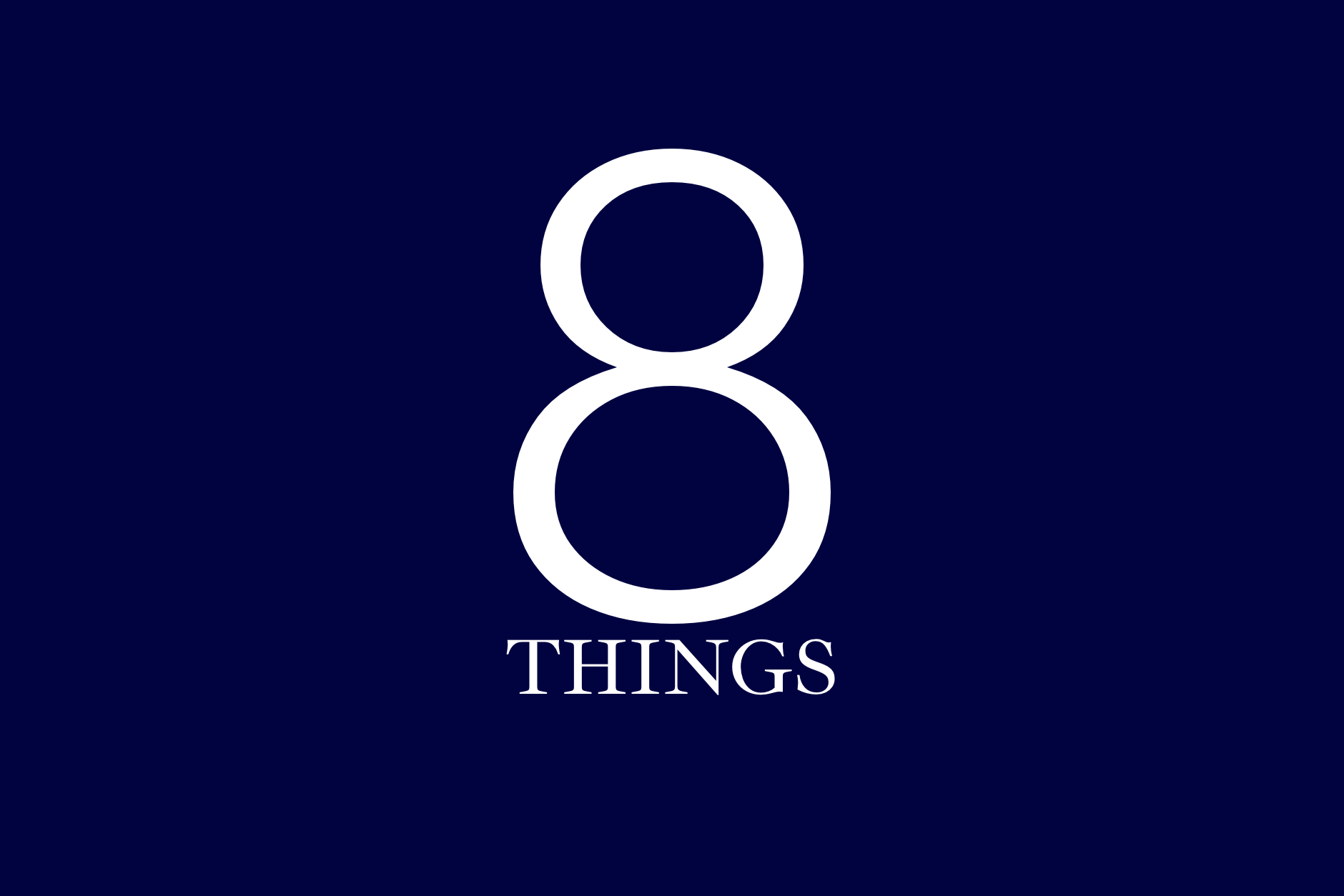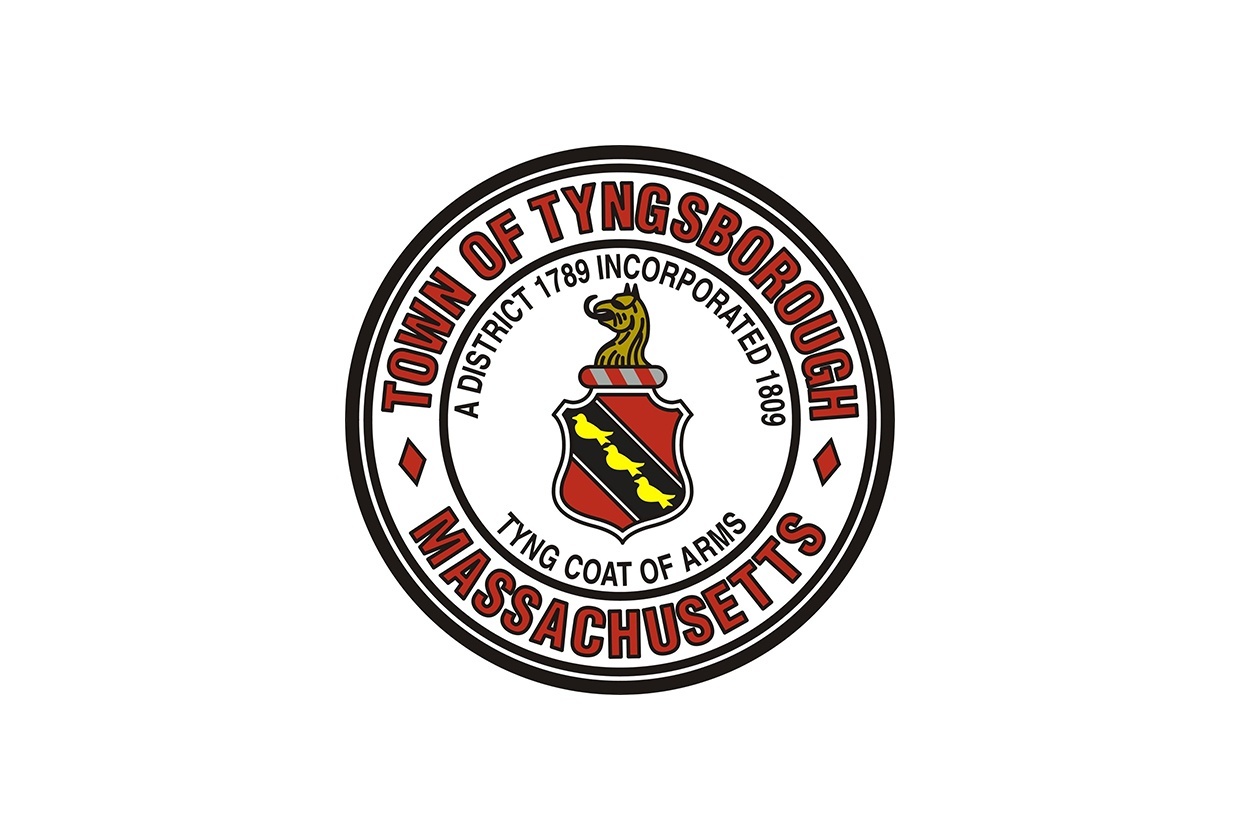Earlier today, the U.S. Food & Drug Administration unveiled draft guidance that would effectively lead to a ban on flavored vaping and e-cigarette pods/cartridges. In that announcement—which hasn’t led to any changes yet—the agency also announced its intention to not fully enforce premium cigar regulations.
That last part is in italics because—as I point out below—it’s confusing what today’s announcement actually means.
FDA said that it would be redistributing its efforts when it comes to tobacco products. Flavored e-cigarette and vaping products that have cartridges or pods would be the highest priority. Premium cigars would be on the other end:
FDA’s lowest priority among these products will include relatively expensive, large hand-rolled cigars that do not have flavors (e.g., fruit, candy, or mint), given what FDA understands to be their comparatively lower youth usage rates.
It went onto explain that it expects manufacturers to be in compliance with all regulations, notably the upcoming substantial equivalence deadline, but that FDA wouldn’t “prioritize enforcement.”
So, here’s 1,500 words on whatever this might mean.
1. The Planned Changes Aren’t in Effect Yet
It’s important to know that all of this what FDA considers to be Draft Guidance. The agency describes it as “its current thinking,” but it’s not new rules, yet.
In order for any of these changes to go into effect, FDA must go through a couple more steps, notably the publishing of Final Guidance, which will then have a 30-day window before it goes into effect.
As far as cigars are concerned, I’m not sure that any of this really matters. If the agency says it plans on making cigars a low priority then it seems likely that cigars are already a low priority.
2. FDA Didn’t Have to Say This
Mentioning cigars was bizarre and completely unnecessary.
There’s no reason why FDA needed to come out and say cigars were a low priority. There’s almost no positive benefit and for reasons explained below, it complicates legal matters a lot. FDA could have put out the same guidance with no mention of cigars—flavor or otherwise—and it would have no practical difference to what it wants to do and what it will do.
The agency would still direct more of its resources to e-cigarettes and spend less time worrying about premium cigars.
I suspect the reason why FDA did this is because of the supposed relief for cigars that people in the cigar industry were told was coming from the White House. FDA is an executive agency, meaning it reports to the president.
If this was the relief the White House was promising, it’s unlikely to make anyone happy. The Department of Justice (below) will not be happy, FDA probably finds all of this unnecessary (further below) and the cigar industry is going to want actual relief (below too) not the FDA saying it’s planning a more relaxed approach.
3. Who Knows What This Means
Unfortunately, we don’t really know what “lowest priority” means. It’s not like FDA has told us on a 10-point scale how committed it’s been in enforcing the regulation of premium cigars up until this point. If I had to guess, probably somewhere around 2/10.
So does this mean that FDA is going to reduce its efforts to a 1/10? Probably not.
It’s probably going to be roughly the same approach FDA has taken so far. It will continue to do store checks here and there, it will continue to require premium cigars to go through the requirements of the deeming regulations, it will continue to fight the cigar lawsuits in court and it will continue to say that cigars aren’t healthy.
And it will likely continue to turn a blind eye to cigars that weren’t on the market by Aug. 8, 2016 or things like this.
Or maybe not, but I suspect that today’s announcement—outside of implications for the lawsuit—is much ado about nothing: was there ever any indication that FDA was taking the regulation of premium cigars seriously; one could argue it hasn’t even taken the regulation of flavored e-cigarette pods like Juul very seriously until 2019.
4. It’s Not Saving the Cigar Industry (Any Money)
The real issue for the cigar industry is that it still has to submit documents for substantial equivalence, which will cost money. It will still continue to fund lawsuits against FDA, which costs money. And it still has to worry about what happens when—whether next year or later—a less anti-regulation administration takes control of the White House.
But make no mistake about it, the big problem is substantial equivalence.
FDA still hasn’t issued revised guidelines for the substantial equivalence process or guidelines for HPHC testing for cigars. Yet, substantial equivalence is due in 131 days.
I’ve said it before, but I don’t think the May 12, 2020 deadline holds; but even in today’s document that contains relatively good news for the cigar industry, FDA repeated that it expects cigar companies to comply with the May 12, 2020 deadline; at least until a court says otherwise.
This also means that whatever lobbying dollars have been spent to get the White House to apply pressure on FDA weren’t enough to create actual change.
5. The Lawsuit(s) Got a Lot More Complicated
Much to the disappointment of my parents, I’m here writing about cigars and not an expert in constitutional law.
I can’t really tell you if the cigar industry has a shot at winning any of these lawsuits, but I can tell you that this will complicate the government’s arguments on a number of fronts. One of the central points the cigar industry has made in these lawsuits is that FDA is making up rules before it knows what it wants to do.
The first half of 2020 proves the point to a whole different level.
FDA wants the cigar industry to submit substantial equivalence even if it is still finalizing the process and isn’t planning on really enforcing it—or something. That’s not going to sit well with Judge Amit Mehta who is overseeing the D.C.-based lawsuit.
Mehta has repeatedly criticized FDA’s inability to get all of its ducks in a row before making up rules and at some point, I imagine he finally punishes the agency for its continued behavior.
If there’s one group of people that is not happy about FDA’s announcement—outside of the people selling flavored e-cigarette pods—it’s the Department of Justice attorneys who have to defend FDA. If I was one of them I would be equally baffled and angry about why cigars needed to be brought up in an announcement about banning flavored e-cigarette pods. Thank you for making our jobs, defending your actions, a lot more challenging for no reason.
6. Flavored Cigars Are Still a Target
While flavored cigars aren’t the target, they are a target.
I mean, it literally said, “FDA also has stated its intention to issue a regulation that would ban the use of characterizing flavors in cigars, and FDA is actively working towards that proposed rule.”
That being said, FDA said that it didn’t believe the evidence suggested that flavored cigars presented a large enough threat to public health and risk of youth use to warrant its highest priority designation.
I’m not sure whether this buys more time or less for that fight. My guess is more as this sort of sets up a lengthier road to a ban on flavored tobacco products as a whole: start with a subset of flavored e-cigarettes—just pods and not menthol—then ban all pods, then ban menthol e-cigarettes, etc.
Regardless, flavored cigars are clearly looked at differently than premium cigars regardless of whether its a Swisher Sweet or a JAVA.
7. Who Knows When This Actually Becomes Final Guidance
I would blame you if you thought that the Trump Administration already announced its intention on banning some flavored e-cigarettes.
In early November there were a number of reports that this was coming, Trump himself even alluded to it. But then a week later he reversed course and opted not to go forward with the ban. Those early November plans were the same as what got announced today: just flavored pods/cartridges, no ban on menthol pods.
Trump opted not to go through with the ban due to concerns about losing votes amongst the vaping community.
As someone that reads a lot of articles related to tobacco, can anyone point to me any evidence that the “We vape, we vote” people would vote for a Democrat?
— Charlie Minato (@charlieminato) November 11, 2019
I think it’s asinine to think that someone would vote for a Trump opponent because of a change made to flavored vaping pods, but perhaps it’s a concern about people just not voting.
Whatever the case, the Trump campaign’s concern about vaping voters is real, and Trump could presumably tell FDA to delay implementation until after the election in November.
8. Let Me Say it Again: FDA Doesn’t Really Want to Regulate Cigars
I’ve said it since before the regulations were announced: FDA doesn’t want to regulate premium cigars.
I’m sure there are some hardliners within the Center for Tobacco Products office in Maryland who just want to ban all cigars, but I’ve always believed that if FDA was given the choice to regulate cigars like the status quo or exempt premium cigars without it having an effect on its regulation of other products, it would choose the latter.
The problem is, it can’t.
If it exempted premium cigars without very compelling evidence—evidence cigars pose a 0 percent risk to public health—it would spurn lawsuits and complaints from other, much larger tobacco categories. That evidence just doesn’t exist.
But today was an admission to the argument I’ve been making for years: cigars, premium cigars in particular, are an annoyance the agency doesn’t want to have to deal with.



